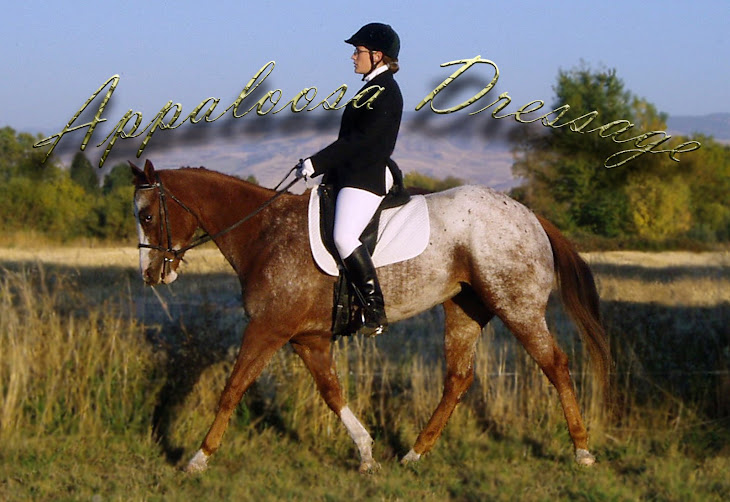Here are the ways I have found instructors. If you have something to add, please do so.
-Join equine related clubs. This is a great way to meet other horse owners, pool your resources, share knowledge, and even meet up with teachers, trainers, breeders, etc.
-Look in the phone book for breeding/training barns and go meet them. If they don't have what you're looking for they may be able to steer you in the right direction.
-Call 4-H clubs. Often they will know who the instructors are in town.
-Put a Wanted post at the feed store or ask the feed store owner. These people meet all the horse owners in town. They might just know one that will meet your needs.
-Google trainers in your area, look at Dreamhorse listings, Craigslist listings, etc. This will give you an idea what you will pay in your area and who there is to pick from.
-My new favorite; CLINICS. Go watch. You can often watch all day for free. It's awesome. Take a notebook and take notes. If you love their style, sign up for next time.
Okay, so now you have some candidates located and you need to choose the one for you.
-First off, don't limit yourself to one. You can take lessons from several instructors if you want. It can be a GREAT way to get the best learning experience. You will get input from different minds on the same issues. SOMETHING will click and you'll be a better rider for it.
-Go for quality of lesson over price. Believe me, $60 for one really good lesson is worth WAY more than one $10 lesson with a lousy instructor. You'll spend more time and money fixing what a bad instructor teaches you. You'll save money in the long run by going with the better instructor.
-Check on the trainer. Dressage instructors are certified at different levels. Make sure yours is certified to teach at the level you are taking from them.
-A good rule I go by is this: The trainer should be showing in the discipline they are teaching you. That way, they are up on the trends, costs, attire, etc. They should also be ABOVE the level they are teaching you. It's hard to teach something you are also just learning.
-Take a lesson to see how it goes before committing to a schedule. If you hate it, you don't have to take from them again.
-A great trainer is currently taking lessons from an even greater trainer. There is always someone better. Any candidates gets bonus points if they are taking lessons themselves.
-A good trainer will be honest with you. If you ask outright, they should tell you how far you can likely get, how much potential your horse has, etc. Don't be afraid to ask. You need to know what you're working with, both on your end and your horse's.
-A good trainer will be encouraging. They will push you to do things that are outside your comfort zone. They will push you to use your lessons for the greatest goal you can.
-Lastly, a great trainer will have safety first. That means both you and your horse or the lesson horse. You should be required to wear a helmet, boots with heels, long pants, etc. The horse should be in good weight with well-fitting tack or you should not get on. If you notice things that look dangerous, run away FAST.
Getting the most from your lessons:
-Have a friend video-tape your lesson. You now have your own training tape you can watch over and over and over and over....
-Be on time and warmed up before the lesson starts so you don't waste part of your 45 minutes -on warm up.
-Don't be afraid to ask questions or ask your instructor to repeat themselves. You will get farther faster if you have good communication. TELL them if you feel unsafe, frustrated, short-tempered, etc. Your lesson should be a good experience for you AND your horse.
-A good trainer will share what they learned in their riding lessons with you. Write down whatever they tell you is important or whatever sounds like something you'll want to remember later.
-Practive between lessons. It's hard to get better with one ride a week or month.
-Don't burn yourself out between lessons; make sure you take breaks from schooling to go have fun with your horse. You can usually practice the same manuevers outside the arena. You'll get to apply what you learned and your horse will just think you're playing a game on the trail/road/field/etc.
-Ask your instructor what books or videos they would reccomend you read at your level. Sometimes it can help a lot to see something written or ridden outside the lesson.
-If your horse isn't trained in Dressage already, it can be a great idea to request lessons on one of the trainer's horses if possible. Even just once in a while can be a great help. It's always easier to learn on a horse that knows more than you. If you have this option, take advantage of it.
If you have anything else to add, please feel free to comment!
14 years ago

No comments:
Post a Comment